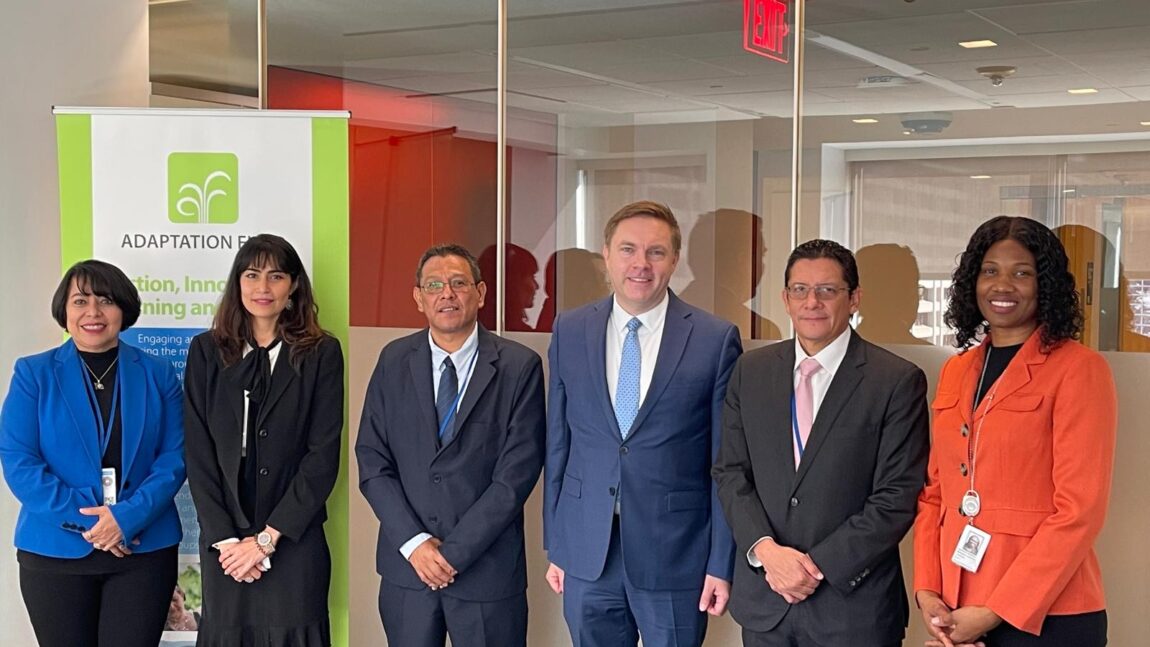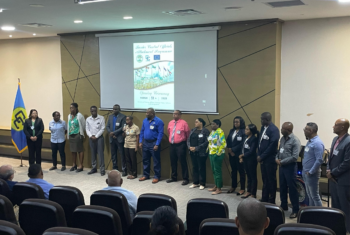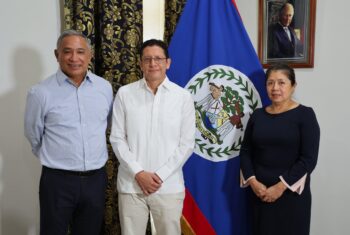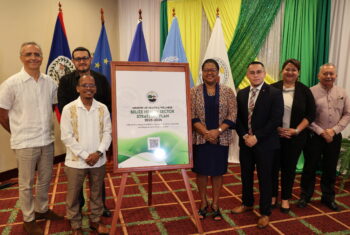Belmopan, October 28, 2024.
At a recent high-level meeting on biodiversity hosted by the World Bank, representatives of multilateral development banks, and developed and developing countries, including small climate-vulnerable states like Belize, emphasized the urgent need for coordinated action to embed biodiversity into the global economy. The World Bank was urged to lead efforts to meet the Kunming-Montreal Global Biodiversity Framework goals by 2030, underscoring the interdependence of ecosystems and economies. Additionally, there was a call for global commitment to biodiversity and capacity building to unlock the private sector’s potential in conservation efforts, emphasizing the importance of voicing these issues at the upcoming Conference of the Parties to the Convention on Biological Diversity (COP16).
Debt relief and sustainable financing to unlock private capital emerged as essential strategies for countries balancing economic growth with biodiversity conservation. The EU, U.S., and U.K. reaffirmed their dedication to these goals, while Canada and Germany emphasized supporting vulnerable nations and promoting nature-based solutions.
Hon. Christopher Coye, Minister of State in the Ministry of Finance, Economic Development & Investment, thanked the international community for providing small climate-vulnerable states with a platform to amplify their voices and shared the nation’s experience and proactive stance on biodiversity. While noting Belize’s experience in unlocking private capital at scale simultaneously for debt reduction and conservation, Minister Coye called for action to mainstream a comprehensive and fair valuation of nature and the ecosystem services it provides beyond borders so as to unlock private capital at scale. He also underscored the need to align conservation policies with social and economic objectives, ensuring that efforts to protect nature also promote community well-being. He called for the avoidance of perverse regulations and policies that promote unsustainable practices and the establishment of incentive mechanisms that encourage the alignment of people and nature through positive behaviour, stressing the importance of understanding the true value of natural capital to support both sustainable development and climate resilience.
The Belize delegation also met separately with representatives of the Adaptation Fund, a climate fund established to finance climate adaptation projects in developing countries, from whom Belize has received funding for projects targeting rural transformation, marine conservation, and coastal resilience. With the majority of Belize’s housing stock and population located on or near the coast and highly vulnerable to sea level rise and extreme climate events, including hurricanes and floods, Minister Coye advocated for climate adaptation finance to be targeted towards building climate resilient housing through co-financing mechanisms that unlock domestic private capital.
Belize’s experience and forward-looking agenda provide a clear example of how countries can leverage natural capital to drive economic growth and build climate resilience while safeguarding biodiversity for future generations.
Ends
For more information, please contact:
Carlos Pol
A.g. Chief Executive Officer Ministry of Economic Development carlos.pol@med.gov.bz




